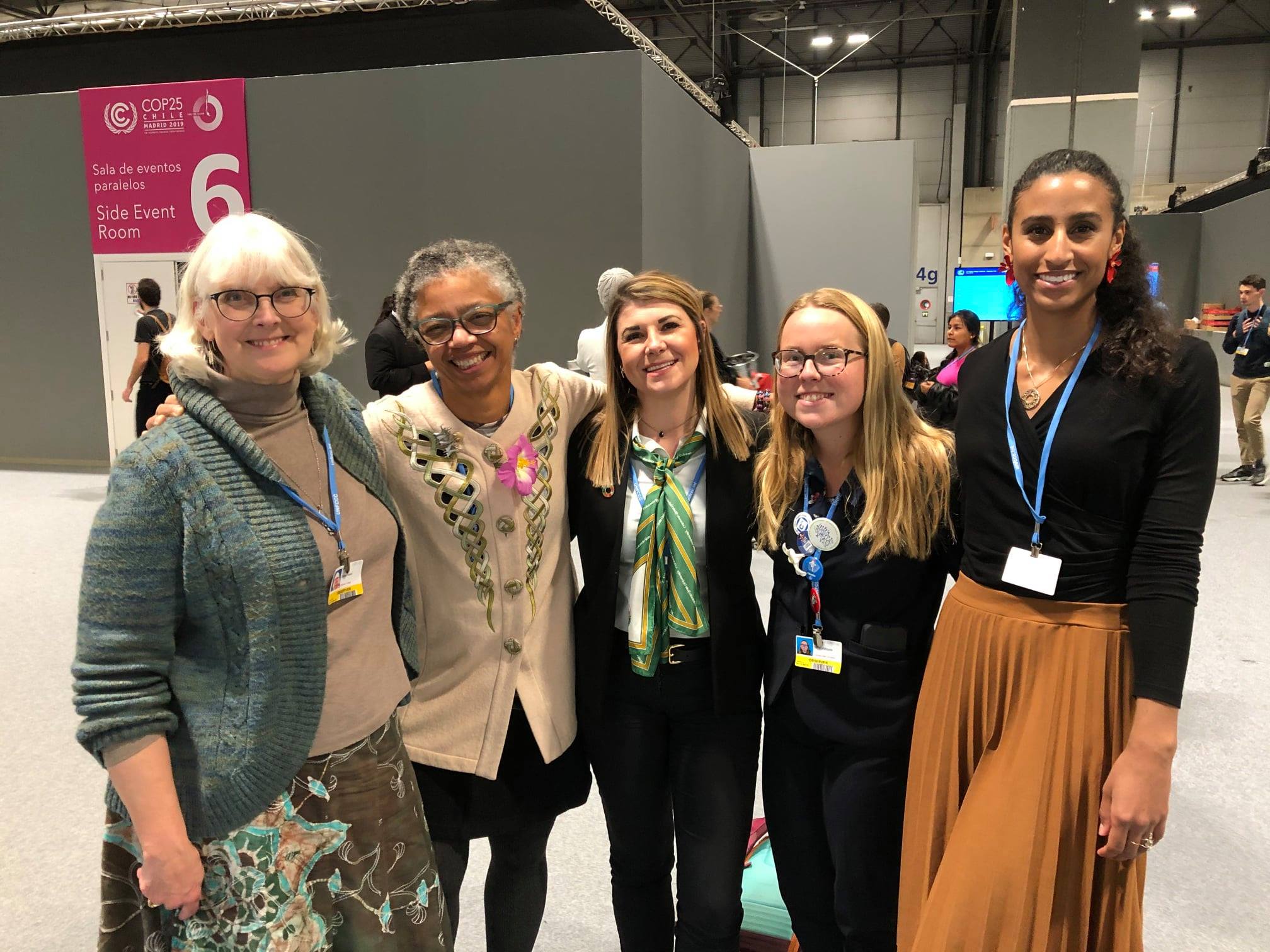
Recycling: Obstacles and Progress (start time: 4:35): This week’s How On Earth focuses on the state of recycling and composting in Colorado and well beyond. A newly published report by Eco-Cycle and CoPIRG shows that Colorado ranks well below the national average, and below its own goals, on recycling and composting. But the report also highlights some recently passed legislation that could help dramatically improve the landscape, by holding producers responsible for the waste that their products generate. Host Susan Moran interviews Suzanne Jones, executive director of Eco-Cycle; and Anja Brandon, the U.S. plastics policy analyst at Ocean Conservancy, an environmental nonprofit organization.
Host, Producer: Susan Moran
Engineer: Shannon Young
Executive Producer: Susan Moran
Headline Contributors: Beth Bennett, Shelley Schlender
Listen to the show here:
Podcast: Play in new window | Download (Duration: 27:39 — 25.3MB)
Subscribe: RSS



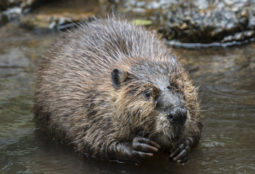
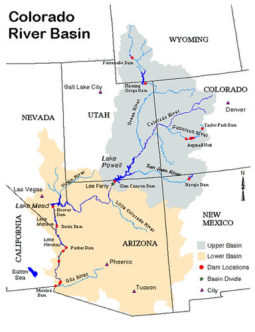 Colorado River Basin Crisis Pt. II (start time: 6:19): This week’s How On Earth show focuses on the implications and future prospects after the federal government in June ordered the seven Western states that rely on the river to come up with a plan to save trillions of gallons of water from the shrinking river) — and after the August 15 deadline came and passed without a deal. (Here’s the Bureau of Reclamation’s
Colorado River Basin Crisis Pt. II (start time: 6:19): This week’s How On Earth show focuses on the implications and future prospects after the federal government in June ordered the seven Western states that rely on the river to come up with a plan to save trillions of gallons of water from the shrinking river) — and after the August 15 deadline came and passed without a deal. (Here’s the Bureau of Reclamation’s 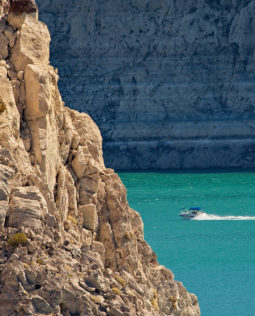
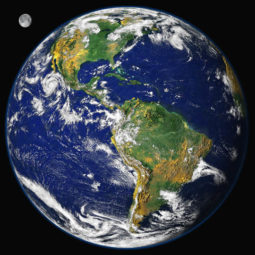
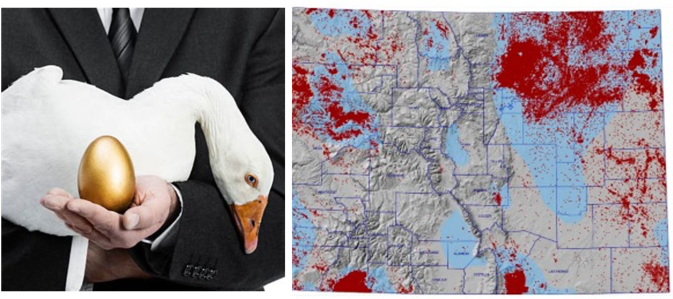
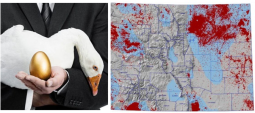
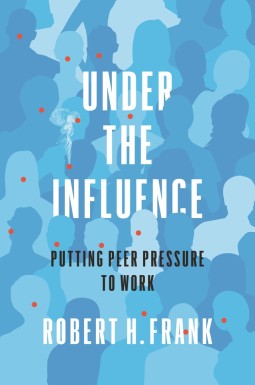
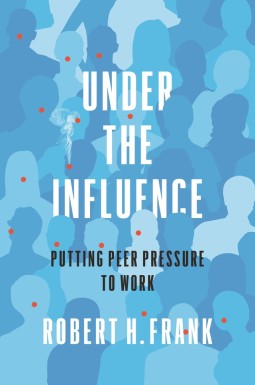 This week on How on Earth we start with an update on the corona virus, focusing on treatments and vaccines. At 12 minutes, we begin our interview with Bob Frank, author of Under the Influence, Putting Peer Pressure to Work. This book explains how we could redirect trillions of dollars annually in support of carbon-free energy sources, all without requiring painful sacrifices from anyone. Dr Frank has developed some novel strategies relying on peer pressure to get people to change their actions so as to reduce carbon emissions and climate change. He also details many prior and successful examples of this type of peer pressure. You can see more at the publisher’s
This week on How on Earth we start with an update on the corona virus, focusing on treatments and vaccines. At 12 minutes, we begin our interview with Bob Frank, author of Under the Influence, Putting Peer Pressure to Work. This book explains how we could redirect trillions of dollars annually in support of carbon-free energy sources, all without requiring painful sacrifices from anyone. Dr Frank has developed some novel strategies relying on peer pressure to get people to change their actions so as to reduce carbon emissions and climate change. He also details many prior and successful examples of this type of peer pressure. You can see more at the publisher’s 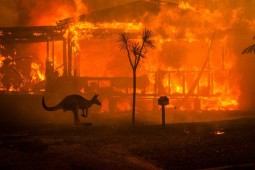
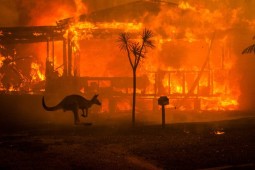 This week, Beth and Angele speak with with Brenda Ekwurzel in the studio. Brenda is the director of climate science for the Union of Concerned Scientists. She was in Boulder for a panel on Air Quality and Climate Change. She spoke about some Colorado issues e.g. wildfire and drought, and assigning responsibility for specific events to fossil fuel producers. She is a widely quoted expert on climate change, and co-authored the UCS guide Cooler Smarter: Practical Steps for Low-Carbon Living. For more information you can visit her
This week, Beth and Angele speak with with Brenda Ekwurzel in the studio. Brenda is the director of climate science for the Union of Concerned Scientists. She was in Boulder for a panel on Air Quality and Climate Change. She spoke about some Colorado issues e.g. wildfire and drought, and assigning responsibility for specific events to fossil fuel producers. She is a widely quoted expert on climate change, and co-authored the UCS guide Cooler Smarter: Practical Steps for Low-Carbon Living. For more information you can visit her 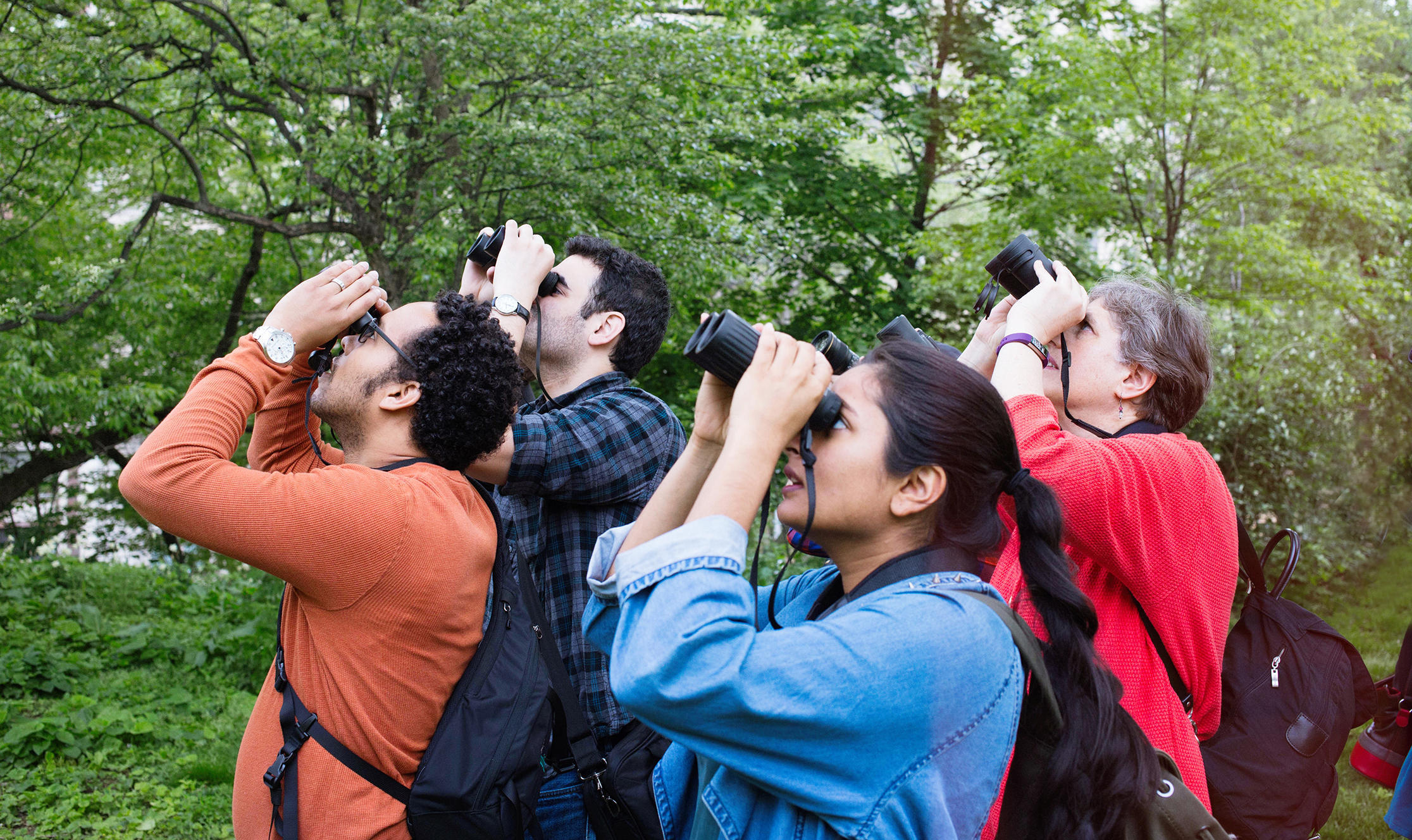
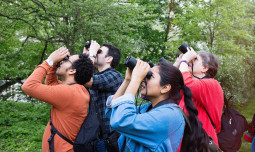
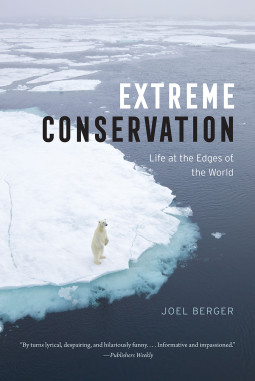 Conservation on the Edges (start time: 13:26) Charismatic predators like polar bears, grizzlies, and tigers, get lots of attention, and for good reason. But many lesser known species, particularly those living in extreme environments–including muskoxen, wild yaks, takins and saigas–are also important species. They have been the research focus of
Conservation on the Edges (start time: 13:26) Charismatic predators like polar bears, grizzlies, and tigers, get lots of attention, and for good reason. But many lesser known species, particularly those living in extreme environments–including muskoxen, wild yaks, takins and saigas–are also important species. They have been the research focus of 